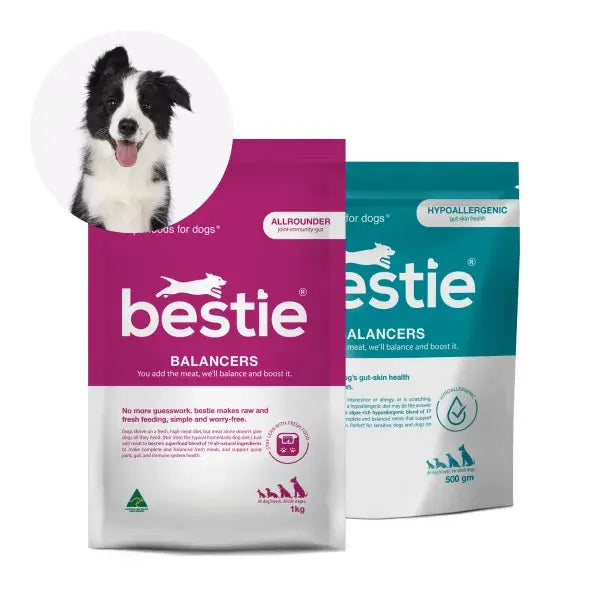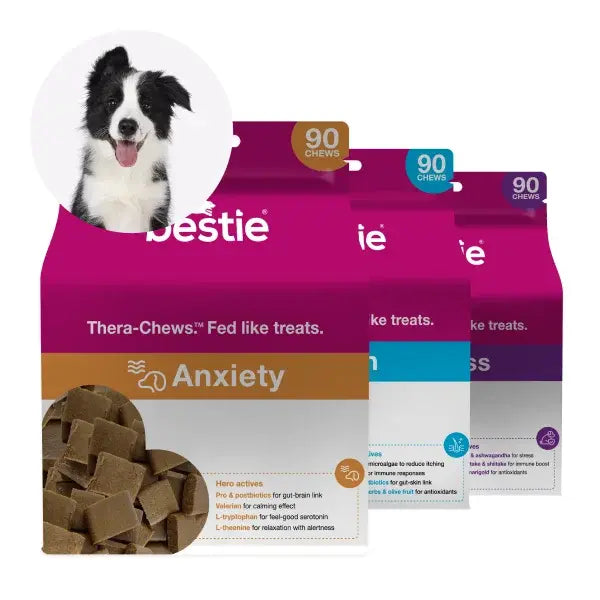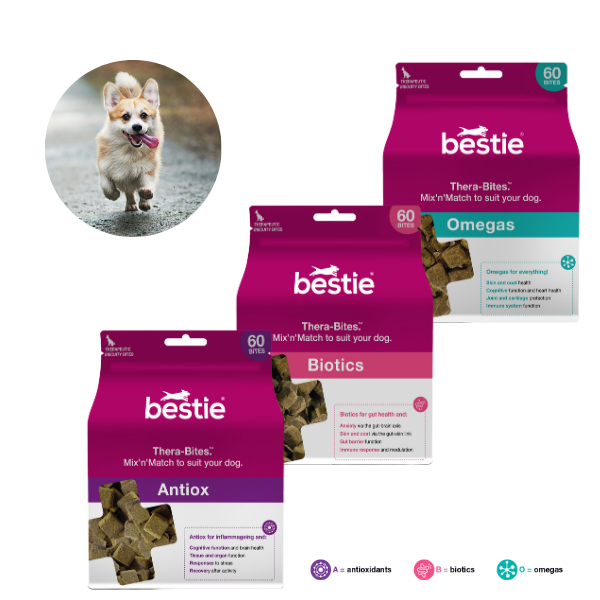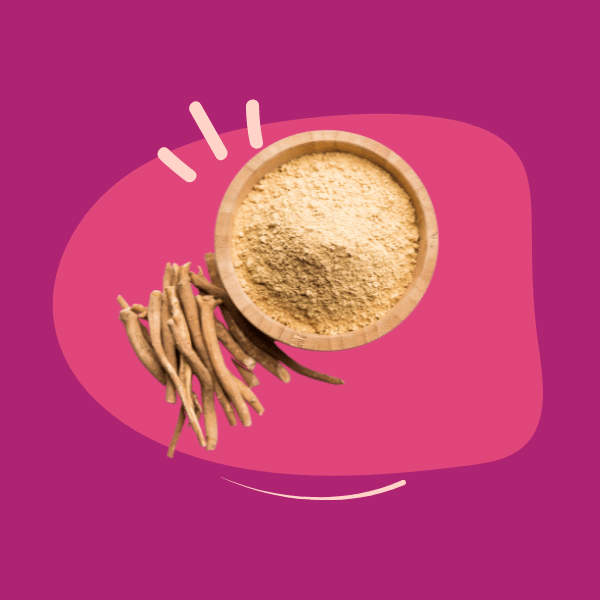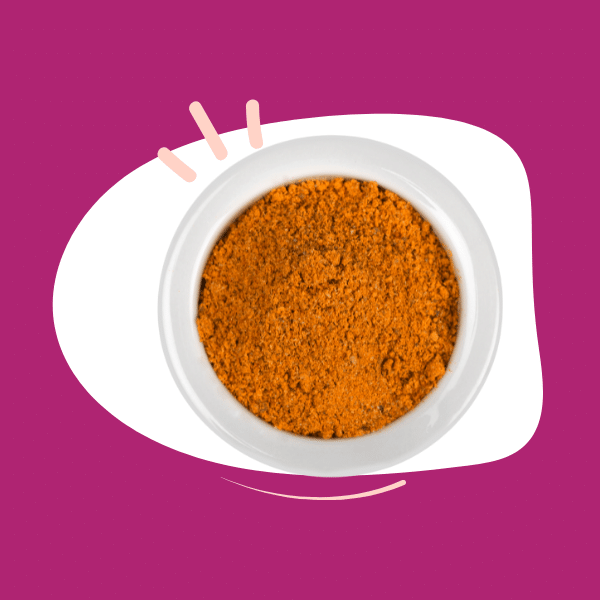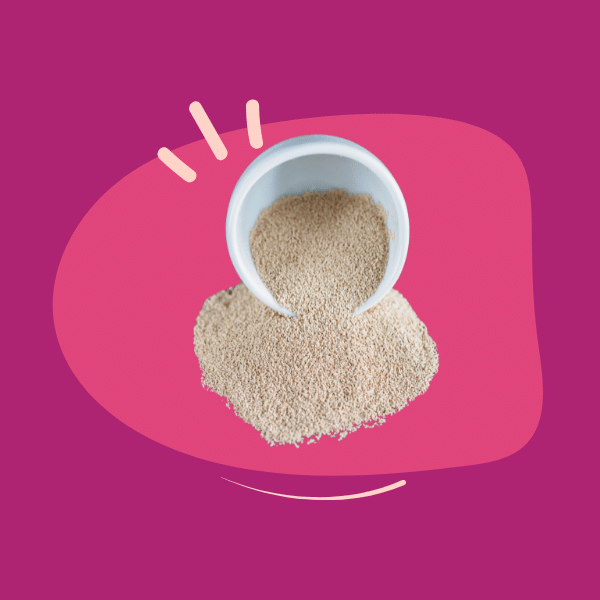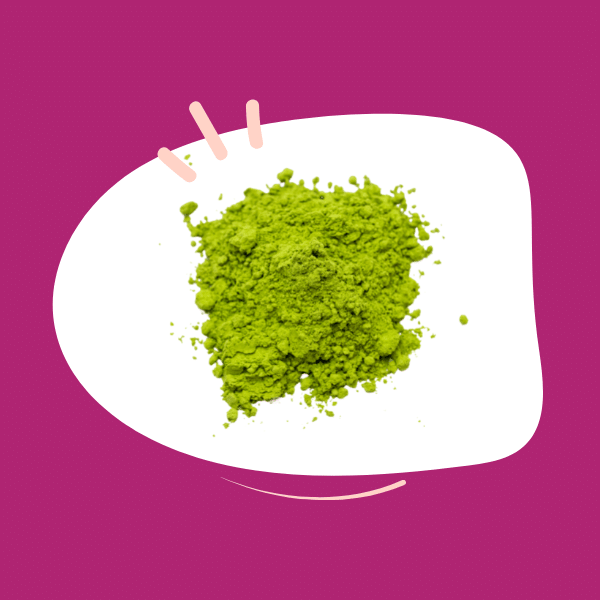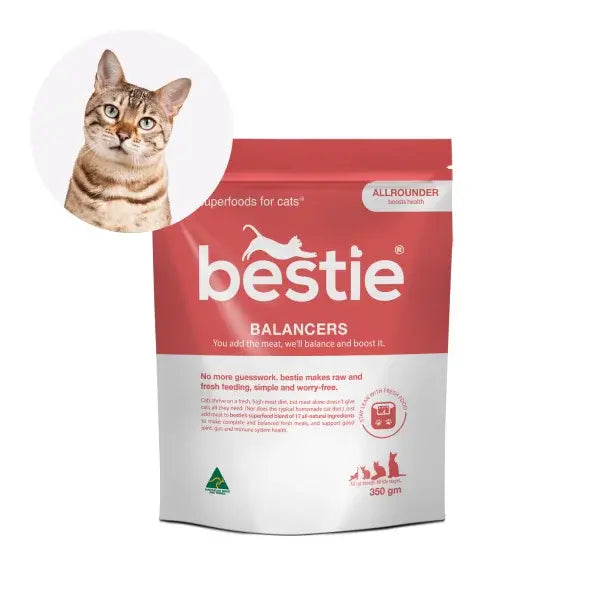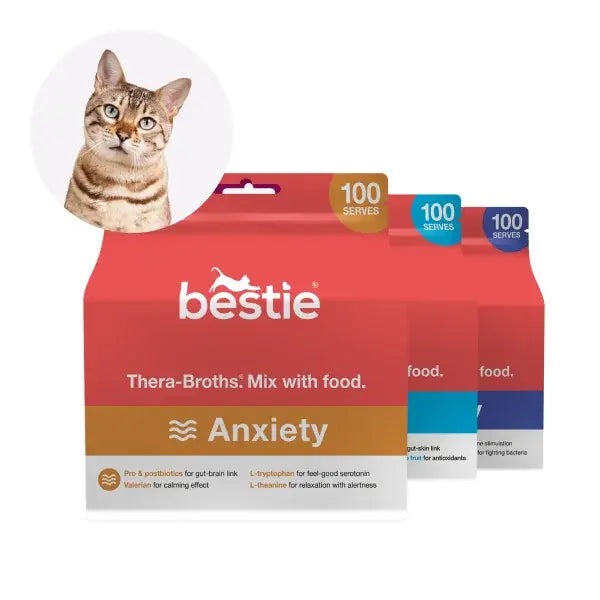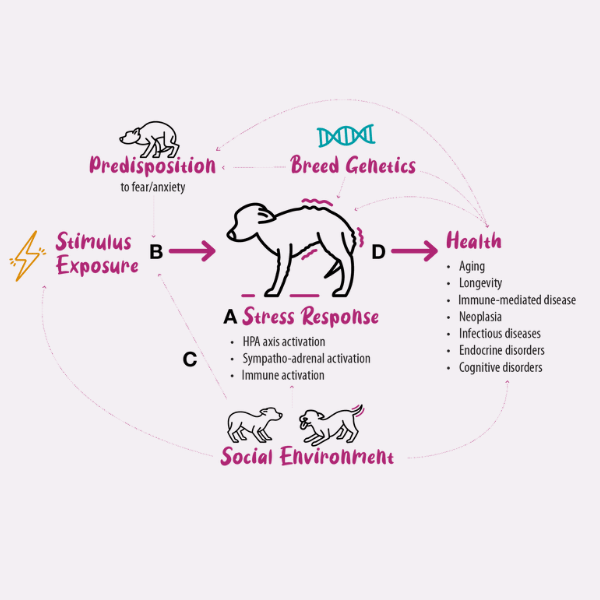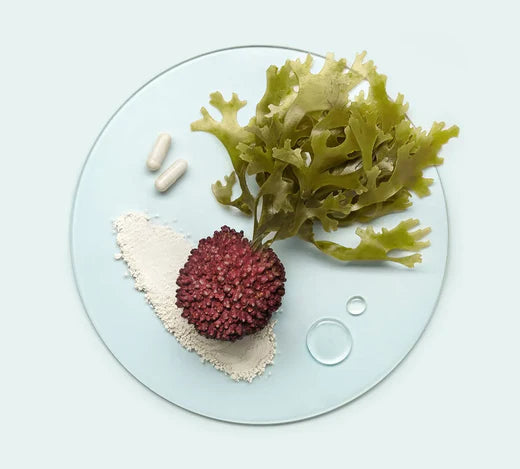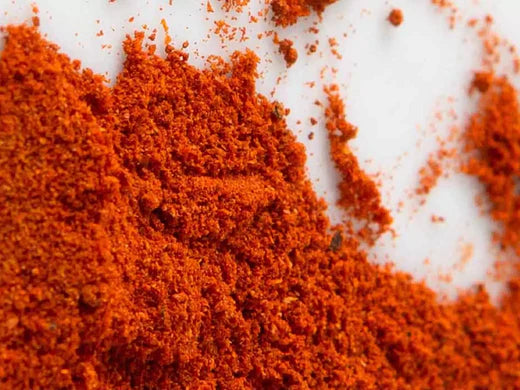Tryptophan is an essential amino acid for dogs and cats. This means it must be present in their diet because their bodies are unable to produce it. In addition to being an important building block of protein, tryptophan is an important precursor of serotonin. Serotonin is a neurotransmitter that can help regulate appetite, sleep, mood, and perception of pain.
In recent years, tryptophan-supplemented diets have gained popularity with pet owners whose pets are suffering from anxiety and aggression problems.
While aggressive behaviour is a major behavioural problem in dogs particularly, nutrition has rarely been considered as a possible contributing factor. Research has shown that the addition of certain nutraceuticals to the diet can have positive effects on neuroendocrine parameters associated with stress, anxiety, aggression, and numerous canine behavioural disorders.9
That’s why tryptophan is one of the primary ingredients in The Bestie Anxiety health chew - designed to help with anxious behaviour. It plays a key role – as we’ll shortly see – along with b-complex powerhouse nutritional yeast, linden powder, pomegranate powder, valerian powder, l-theanine, and hawthorn powder.
What does tryptophan do?
Tryptophan plays important structural or functional roles in the body. It also serves as a biochemical precursor of various compounds, like serotonin, melatonin, and niacin.
Synthesis of serotonin
In mammals, the levels of serotonin in the brain depends on the plasma levels of tryptophan. Low serotonin concentrations have been linked to behavioural disorders in dogs. 1
Serotonin plays an important role in the inhibition of aggressive behaviour and impulses. Impulsivity, defined as an abnormal over-reactivity to normal stimuli, has been usually associated with reduced circulating levels of dopamine and serotonin.10
Low levels of serotonin are associated with increase in displays of aggressive behaviour, depression, and moodiness in many mammals, including dogs and cats.
Synthesis of melatonin
Tryptophan is necessary for the synthesis of melatonin, a hormone that helps regulate the sleep-wake cycle and seasonal reproduction in relation to daylight and day-length.
Melatonin has sedative qualities, making it effective in calming down and soothing anxious dogs. It can also help pets with any kind of phobias. Senior dogs suffering from anxiety and insomnia can also benefit from a tryptophan supplemented diet.
Niacin production
Tryptophan is used by the liver to produce niacin (vitamin B3) which is essential for energy metabolism and the production of DNA. For dietary tryptophan to be converted into niacin, there should be enough iron, vitamin B6, and riboflavin in the body.
Niacin is also essential in the synthesis of serotonin. Enough niacin in the body can help provide relief from anxiety and depression, promote better quality of sleep, and increased emotional well-being.
The benefits of tryptophan for dogs and cats
Tryptophan offers various benefits to dogs and cats. These include the following:
- Promotes better sleep quality
- Relief from depression
- Reduce the incidence of anxiety (such as separation anxiety, travel anxiety)
- Increase emotional well-being
- Has calming effects
- It’s used as an adjunctive treatment to alleviate obsessive-compulsive disorders
Even when you try your best to create a safe and comfortable home for your dog or cat, the possibility of being exposed to stressors always exists. A sudden change in their daily routine, noise, thunderstorm, separation anxiety, travel, even a visit to the veterinarian can trigger feelings of anxiety which can eventually provide a potent fuel for the development of undesirable habits and behaviours, including aggression and obsessive-compulsive disorders.
We talk more about how that starts in puppies here.
A study that evaluated the effect of high- and low-protein diets with or without tryptophan supplementation on the behaviour of dogs with dominance aggression, territorial aggression, and hyperactivity showed territorial aggression to be significantly lower in tryptophan-supplemented low-protein diets. For dogs with dominance aggression, supplementation of high-protein diets with tryptophan and those switched to low-protein diets led to reduced aggression.2
We talk more about nutraceutical supplementation and anxious behaviour here.
Tryptophan supplementation has also been shown to decrease anxious behaviour in cats, exhibited by vocalisation, aggressive behaviour, straying, and house soiling.6
Tryptophan promotes appetite
In a preliminary study, an increase in voluntary food intake was observed in beagles that were on a low-protein diet with tryptophan supplementation compared with dogs eating a low-protein diet alone. 7
Tryptophan deficiency in dogs and cats
Tryptophan is an essential amino acid for all life stages of dogs and cats. This means that tryptophan is an indispensable part of their diets.
A lack of tryptophan in the diet can lead to the presence of anxiety, mood, and depressive symptoms.8
Cats break down protein very rapidly thus they typically have higher requirements for proteins and amino acids compared to dogs. When an essential amino acid, like tryptophan, is lacking in their diet, this could lead to health issues.
Dogs and cats that lack tryptophan have been observed in studies to be more prone to displays of aggressive behaviours, depression, and moodiness. Decreased food intake and weight loss have also been observed in puppies and kittens on a tryptophan-deficient diet.
No more anxiety medications
While serotonin has an important physiological function in the body, especially in controlling anxiety, it cannot pass the blood-brain barrier. Therefore, to increase serotonin levels, serotonin re-uptake inhibitors, such as fluoxetine, are often used in the medical field. For a more natural solution, tryptophan supplementation can be used.
If tryptophan is used for behavioural issues in dogs, there is no need for anxiety medications (serotonin re-uptake inhibitors) that are known to cause liver and kidney damage with long-term use.
Tryptophan is regarded as safe and effective
Tryptophan is generally safe and effective when used in dogs and cats. However, some pets can develop mild side effects including hypersensitivity or allergy reactions. Monitor your pet for any side effects that warrant veterinary attention.
If your dog or cat is taking other medications such as antidepressants or other behaviour-modifying medications, you should consult your veterinarian before giving tryptophan to your pet. Interactions may occur between these medications and tryptophan which can lead to an additive effect.
List of References:
- Riggio G et al. Serotonin and Tryptophan Serum Concentrations in Shelter Dogs Showing Different Behavioural Responses to a Potentially Stressful Procedure. Vet Sci. 2020 Dec 24;8(1):1. doi: 10.3390/vetsci8010001.
- DeNapoli, JS e al. Effect of dietary protein content and tryptophan supplementation on dominance aggression, territorial aggression, and hyperactivity in dogs. J Am Vet Med Assoc. 2000 Aug 15;217(4):504-8. doi: 10.2460/javma.2000.217.504.
- https://www.aafco.org/Portals/0/SiteContent/Regulatory/Committees/Pet-Food/Reports/Pet_Food_Report_2013_Midyear-Proposed_Revisions_to_AAFCO_Nutrient_Profiles.pdf. Date Accessed: 12 January 2022.
- Sanderson, Sherry Lyn. Nutritional Requirements and Related Diseases of Small Animals. Date Accessed: 12 January 2022.
- Templeman, J et al. Tryptophan requirements in small, medium, and large breed adult dogs using the indicator amino acid oxidation technique. J Anim Sci. 2019 Aug; 97(8): 3274–3285.doi: 10.1093/jas/skz142
- Pereira, Gonçalo da Graça. 2010. L-Tryptophan supplementation and its effect on multi-housed cats and working dogs. Date Accessed: 13 January 2022
- Fragua, V et al. 2011. Preliminary study: voluntary food intake in dogs during tryptophan supplementation. British Journal of Vol 106 Issue S1
- DELGADO, P. L., MILLER, H. L., SALOMON, R. M., LICINIO, J., KRYSTAL, J. H., MORENO, F. A., HENINGER, G. R. & CHARNEY, D. S. (1999) Tryptophan-depletion challenge in depressed patients treated with desipramine or fluoxetine: implications for the role of serotonin in the mechanism of antidepressant action. Biological Psychiatry 46, 212–220 http://doi.org/10.1016/S0006-3223(99)00014-1
- Sechi, S et al. Effects in dogs with behavioural disorders of a commercial nutraceutical diet on stress and neuroendocrine parameters. 2017. British Veterinary Journal. Volume 180, Issue 1. pp 18-18. https://doi.org/10.1136/vr.103865


